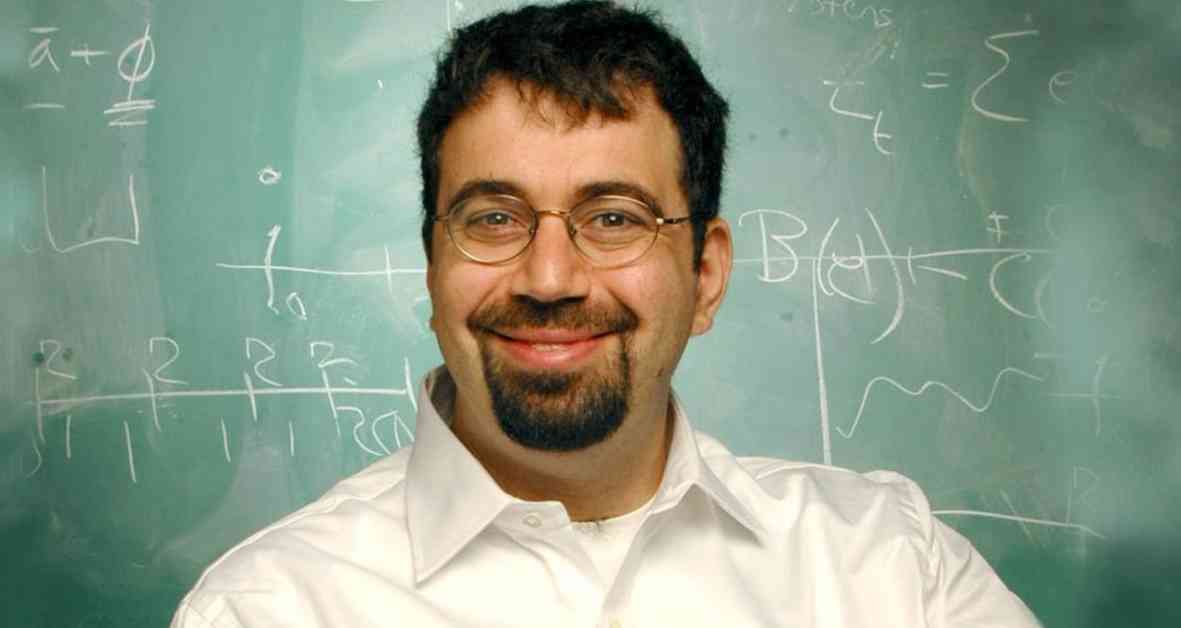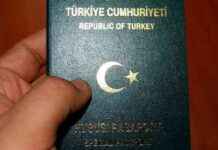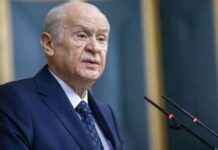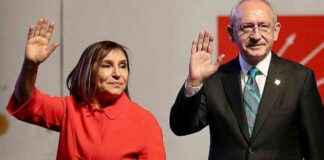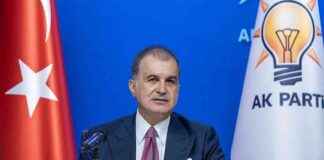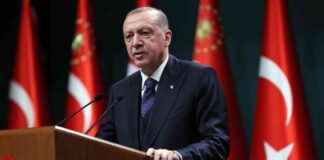Nobel Economics Prize Awarded to Daron Acemoglu
The prestigious Nobel Economics Prize for this year has been awarded to Daron Acemoglu, Simon Johnson, and James Robinson. Daron Acemoglu, a professor at the renowned Massachusetts Institute of Technology (MIT) in the United States, has become the third individual from Turkey to receive a Nobel Prize. Previously, Orhan Pamuk was awarded in literature, and Aziz Sancar in the field of chemistry.
The decision to award the 2024 Sveriges Riksbank Prize in Economic Sciences in Memory of Alfred Nobel to Daron Acemoglu, Simon Johnson, and James A. Robinson was made by the Royal Swedish Academy of Sciences. This recognition was given for their groundbreaking work on how institutions are formed and how they impact prosperity.
Jakob Svensson, the Chairman of the Prize Committee for Economic Sciences, emphasized the importance of reducing massive income disparities between countries. He stated, “One of the greatest challenges of our time is to narrow the income gaps between nations. The winners have highlighted the significance of institutions in addressing this issue.”
Acemoglu and Johnson are affiliated with MIT, while Robinson is associated with the University of Chicago. Notable economists like Milton Friedman, John Nash, and Ben Bernanke have previously received this prestigious award. In 2023, the Nobel Economics Prize was awarded to Professor Claudia Goldin from Harvard University for her research on the role of women in the workforce.
The Nobel Prize, considered one of the most prestigious awards globally, is valued at 11 million Swedish kronor (approximately 1.1 million dollars) and is presented by the Royal Swedish Academy of Sciences.
About Daron Acemoglu
Born on September 3, 1967, in Istanbul, Daron Acemoglu completed his undergraduate studies at York University in the UK in 1989. He went on to earn his master’s degree from the London School of Economics and Political Science (LSE) in 1990, followed by a Ph.D. in economics from the same institution in 1992.
Currently serving as a professor in the Economics department at MIT in the US, Acemoglu was honored with the John Bates Clark Medal in 2005 for his contributions to economic thought and knowledge. Known for his research in political economy, economic development, and economic inequality, Acemoglu has collaborated with Simon Johnson and James Robinson on numerous articles. Together, they have authored books such as “Why Nations Fail: The Origins of Power, Prosperity, and Poverty” and “The Narrow Corridor” with Robinson, and “Power and Technology: A Thousand-Year Struggle” with Johnson.
The Legacy of Nobel Prizes
Established in 1900 in accordance with the will of Swedish inventor Alfred Nobel, the Nobel Prizes are considered the most prestigious awards globally for individuals or organizations that have made significant contributions to humanity. The awards are presented in five categories – physics, chemistry, literature, peace, and medicine – by the Royal Swedish Academy of Sciences, the Swedish Academy, the Karolinska Institute, and the Norwegian Nobel Committee.
The Nobel Prize in Economics, established in 1969 following a decision by the Swedish Central Bank to honor Alfred Nobel’s memory in the field of economics, is presented annually on December 10th, the anniversary of Nobel’s death. Despite a few instances where the awards were not given, mainly during the World Wars, the ceremony has been held 49 times in total.
Due to the COVID-19 pandemic, the award ceremonies were not held in 2020 and 2021, marking rare occasions when the Nobel Prizes were not presented.
In conclusion, the recognition of Daron Acemoglu, Simon Johnson, and James Robinson with the Nobel Economics Prize highlights the importance of their research in understanding the role of institutions in shaping prosperity and addressing global economic disparities. Their work contributes significantly to the field of economics and serves as a beacon for future scholars and policymakers striving for a more equitable and prosperous world.

